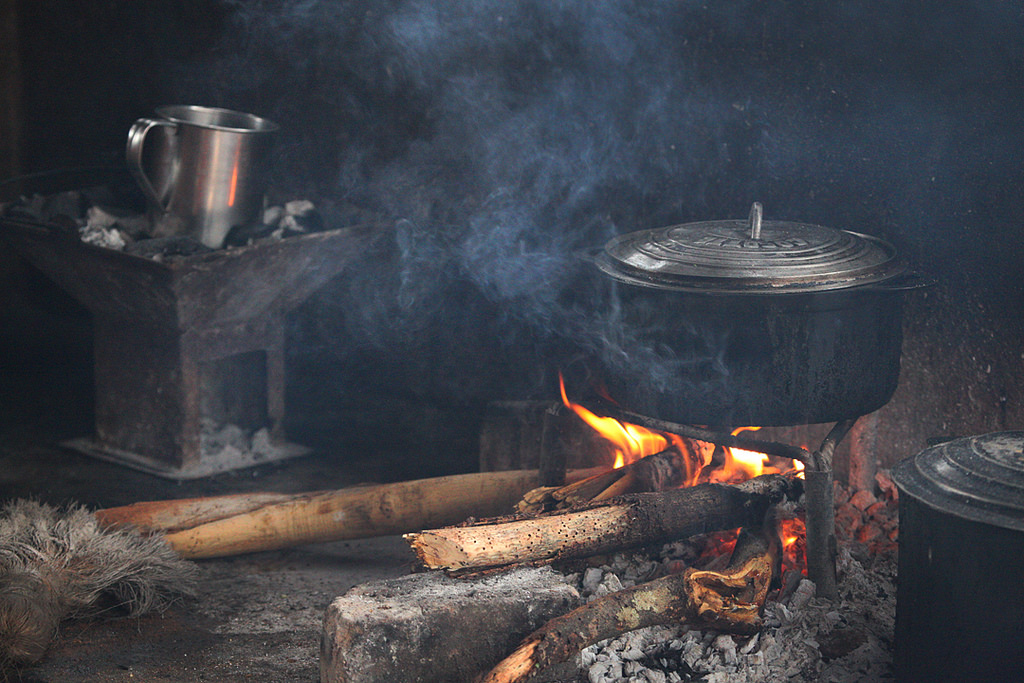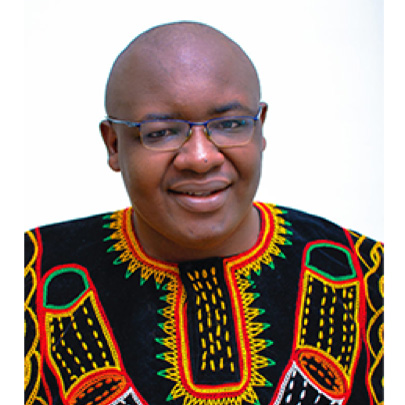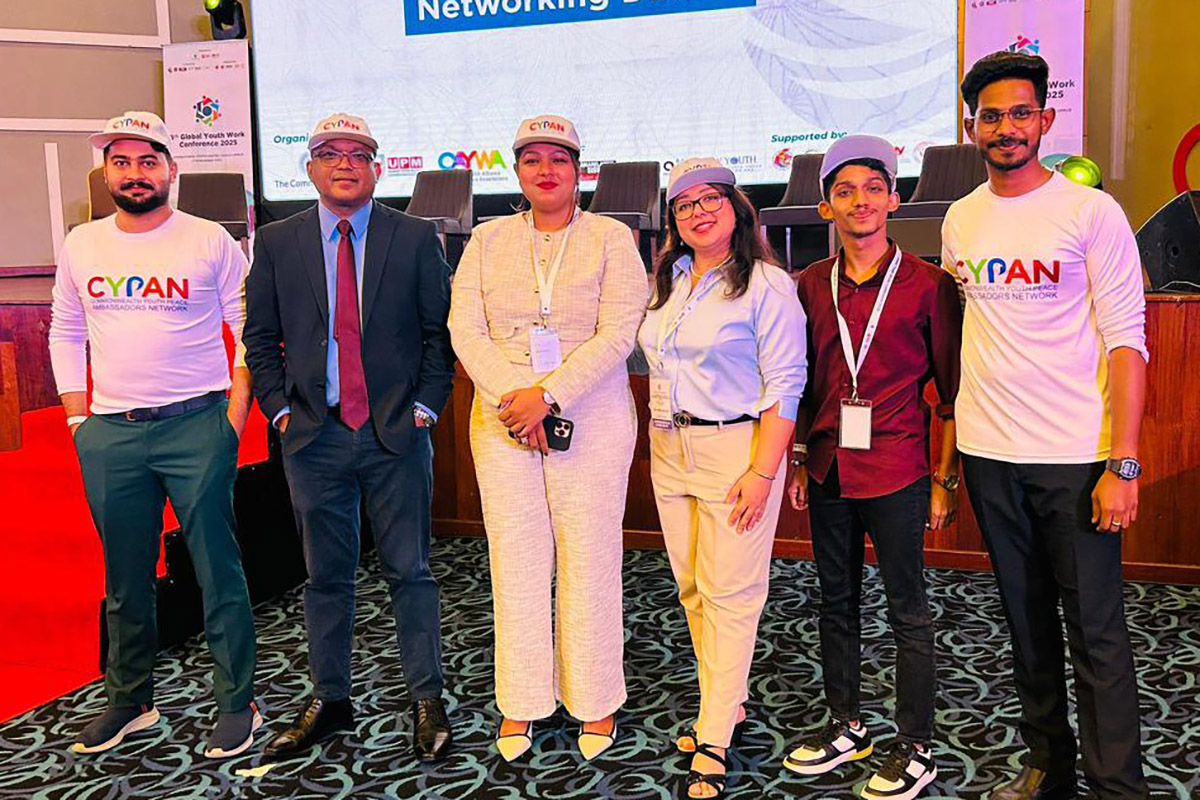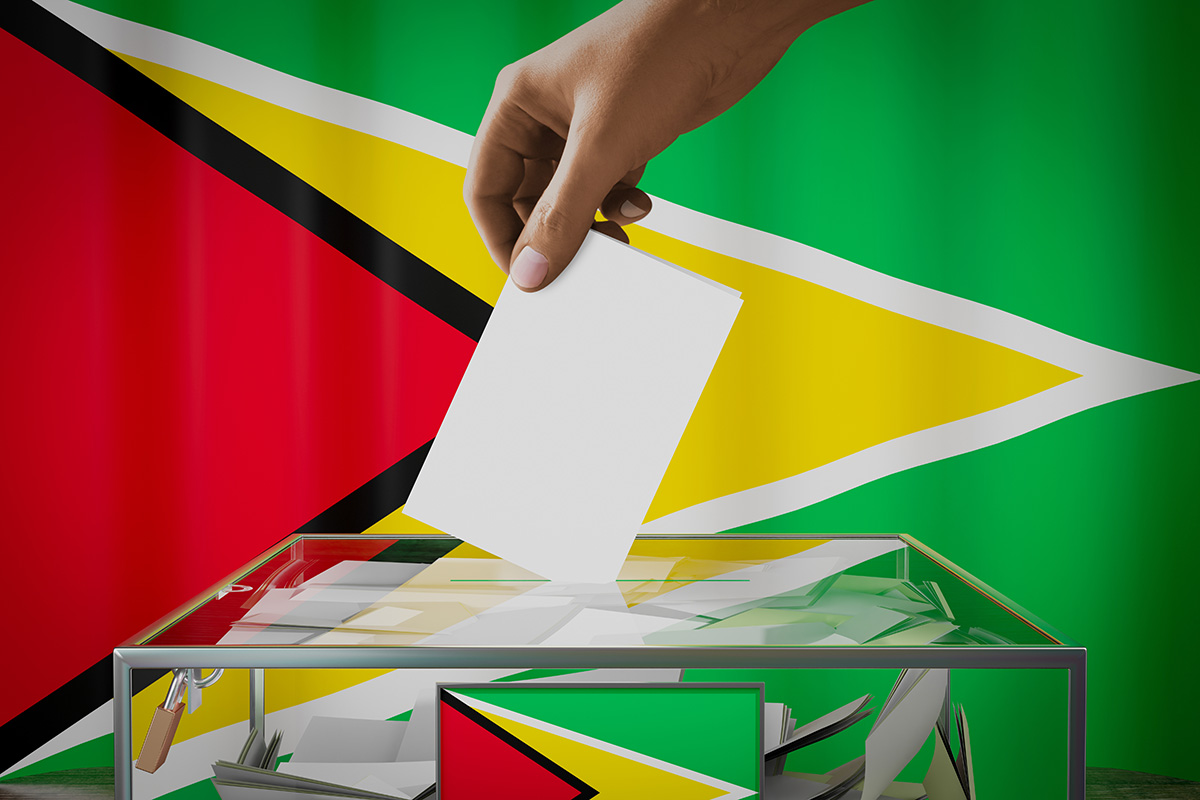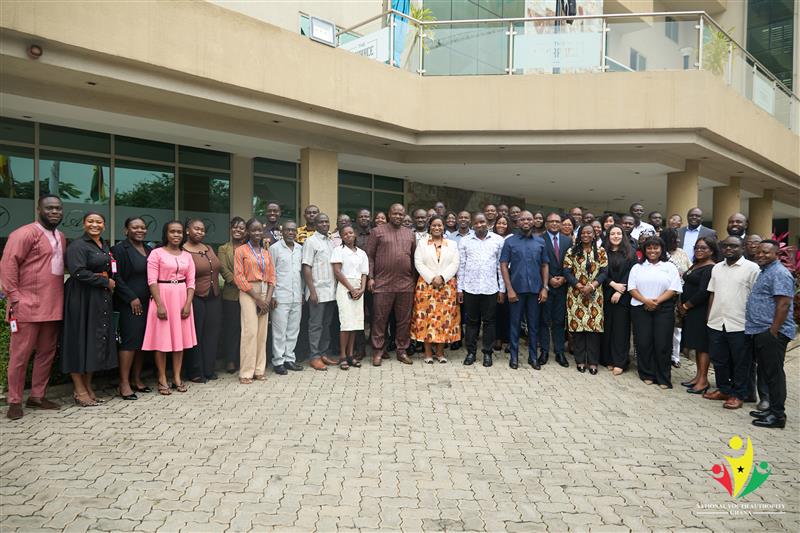“Reflecting on present day energy challenges”
May 8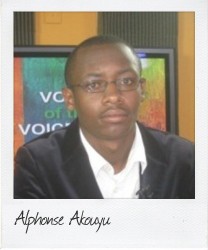 Vehicles and industry top the list of energy challenges, but Alphonse Akouyu, 25, a Commonwealth Correspondent from Cameroon now studying in Israel, argues we need to think of the energy issues behind everyday activities.
Vehicles and industry top the list of energy challenges, but Alphonse Akouyu, 25, a Commonwealth Correspondent from Cameroon now studying in Israel, argues we need to think of the energy issues behind everyday activities.
Tonight, based on data from the UN, more than 1 billion people will sleep without electricity with 80 per cent of them concentrated in just 20 countries.
More than half the people who will sleep without electricity tonight live in sub-Saharan Africa. The region has the lowest electrification rate overall at 37 per cent, but the figure drops to just 17 per cent in rural areas. Furthermore, about three billion people will prepare their evening meals without clean and safe cooking fuels and technologies.
In simple terms, my mom is going to cook our evening meal using charcoal from wood, which comes from a tree, which has been destroyed to provide the wood, which is going to be used to prepare our evening meal. The whole process of cooking our favorite meal, ‘white yams and ndole’, is going to do more harm to the environment when compared to the benefits of this delicious meal, yet I am not willing to stay hungry because of the cooking process.
As earlier mentioned, a tree that protects the environment is going to be destroyed and the wood which will be burnt for charcoal is going to produce smoke which pollutes the atmosphere. Also, given that I have to assist my mom in the kitchen, the smoke is going to affect our eyes.
Unstats.un.org reports that lack of access to clean cooking fuels and technologies presents many health hazards and results in millions of deaths each year due to household air pollution. It further states that 3 billion people, the majority in Asia and sub-Saharan Africa, are still cooking without the benefit of clean fuels and technologies and that rural areas lagged behind urban areas, with 22 per cent access versus 78 per cent, a gap much larger than in the case of access to electricity.
One thing is certain, we are going to have our meal and my mom is definitely going to do whatever it takes to feed her children. However, the process of ensuring that we have this evening meal has a negative impact on the environment. We are just one family out of the 3 billion preparing their evening meals without clean cooking fuels.
The biggest difficulty in dealing with the numbers mentioned above is that they hardly present a reality of the situation, because they are just numbers. Still, there is an urgent need to think about the people behind those numbers. We need to put ourselves in the shoes of the more than 1 billion humans beings sleeping tonight without electricity and the 3 billion people preparing their evening meals without clean fuels to better understand the daily challenges they encounter as a result of lack of access to basic forms of energy.
We need to think about the children whose education is feeling the hit as a result of lack of electricity. We need to think about the people suffering from so many health hazards because of lack of access to sustainable energy. What about those who have paid the ultimate price with their lives because of lack of cheap and efficient energy? Yes!! We need to think about the people behind the numbers
Albert Einstein once said ‘We cannot solve our problems with the same thinking we used when we created them’. The energy problems we faced today require a new kind of thinking – one which is based on innovation, social impact, sustainability, affordability, reliability and efficiency.
The question for stakeholders then becomes – amongst the 1 billion human beings who will sleep tonight without electricity and the 3 billion families who will prepare their evening meals without clean energy, how many million belong to your country and what are you doing about the situation?
photo credit: babasteve 0011 Madagascar via photopin (license)
…………………………………………………………………………………………………
About me: Hello everyone this is your friend Akouyu Alphonse from Bamenda located in the North West Region of Cameroon. I graduated from the Catholic University of Cameroon Bamenda after studying Banking and Finance. I hope to become a Business/International Relations expert.
My areas of interest are serving as Journalist especially on Sports (football) and societal issues aimed at inspiring people to believe in themselves and volunteerism.
…………………………………………………………………………………………………
Opinions expressed in this article are those of the author and do not necessarily represent the views of the Commonwealth Youth Programme. Articles are published in a spirit of dialogue, respect and understanding. If you disagree, why not submit a response?
To learn more about becoming a Commonwealth Correspondent please visit: http://www.yourcommonwealth.org/submit-articles/
…………………………………………………………………………………………………
